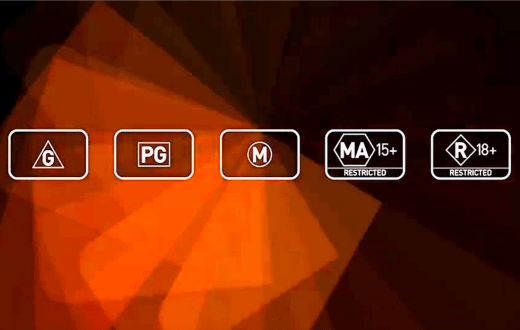The ABC is worried that the government’s classification review could result in a new nationwide system that impinges on its independence and would encompass content screened on ABC iview.
The broadcaster also expressed concern about proposals to adopt government-approved automated classification tools like Netflix’s model, warning this would be a bad outcome for audiences and broadcasters.
Announcing the review in December, Minister for Communications, Cyber Safety and the Arts Paul Fletcher said the existing classification scheme, established in 1995, needs to be modernised to reflect the contemporary media environment.
In its submission to the review the ABC, which is not subject to the national classification scheme, supports redesigning the classification laws to ensure they better align with the modern content market and provide accurate information for consumers.
However it says: “Any changes to the classification regime must take account of the ABC’s unique role as a public broadcaster and established public policy which is designed to minimise the potential of government interference with its editorial decision-making processes.
“The ABC believes any dilution of its independence, however subtle, may have a chilling effect on its ability to fulfil its core functions, including delivering diverse, innovative and sometimes controversial content to audiences.”
The discussion paper released in January by the department proposed that “classifiable film content” should cover films and episodic series broadcast on television and the online catch-up services ABC iview, SBS On Demand, Ten Play, 9Now and 7plus.
That would also extend to streaming services including Netflix, Stan, Amazon Prime Video, Disney+ and Apple TV+ and digital platforms such as Apple iTunes and Google.
ABC iview should be removed from that list and the current practice of classifying individual episodes should continue rather than adopting a ‘box set’ or whole-of-series approach, the ABC says.
Its submission refers to a department audit of decisions made by the Netflix tool in 2018 which found only 74 per cent of the randomly selected titles were given the same rating by the tool that the Classification Board would have given them.
Some 20 per cent were given a rating one level higher than the Board would have given and 6 per cent were given a rating one level lower. The bulk (76 per cent) of the incorrect decisions involved the tool taking a more conservative approach than the Board would have done.
If similar tools were used more widely across the industry, the ABC says: “The public’s perception of what each classification level represents will gradually change.
“For example, consumers who view M content on Netflix (and other services using automated tools), and then view M content on the ABC, may be shocked by what is permitted at the M level on the ABC, because they have become accustomed to Netflix’s more conservative version of M.
“Over time, it is likely that broadcasters such as the ABC — using human classifiers who make more accurate decisions — will become outliers. This would be a bad outcome for the broadcasters and, more importantly, for consumers.”
Neville Stevens, the independent expert leading the review, will present a report to Fletcher. Under an intergovernmental agreement, all Commonwealth, state and territory classification Ministers must unanimously agree to any amended code and films and computer games guidelines.


